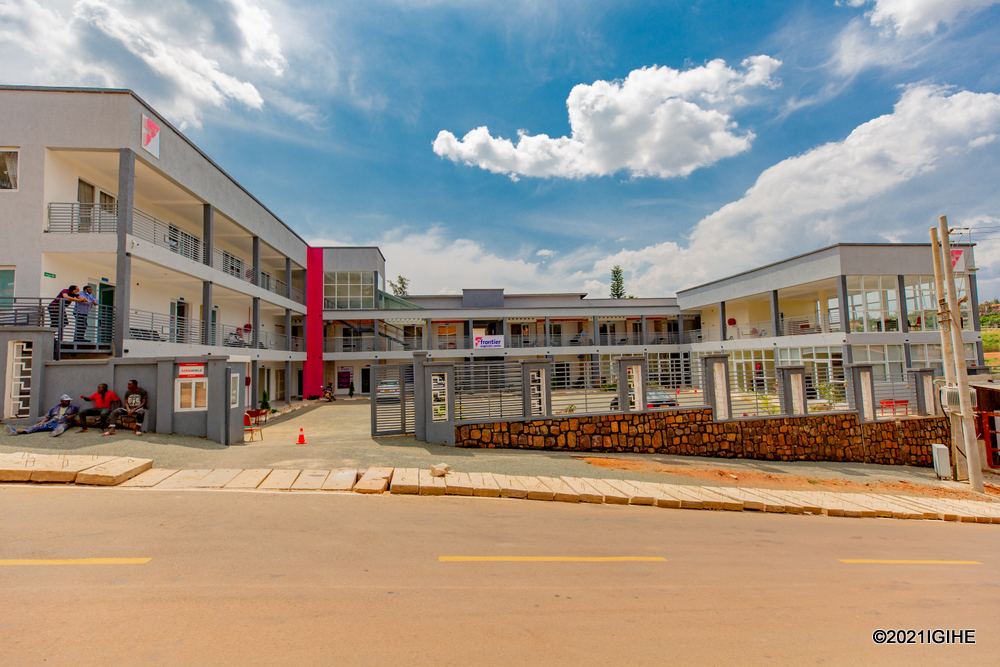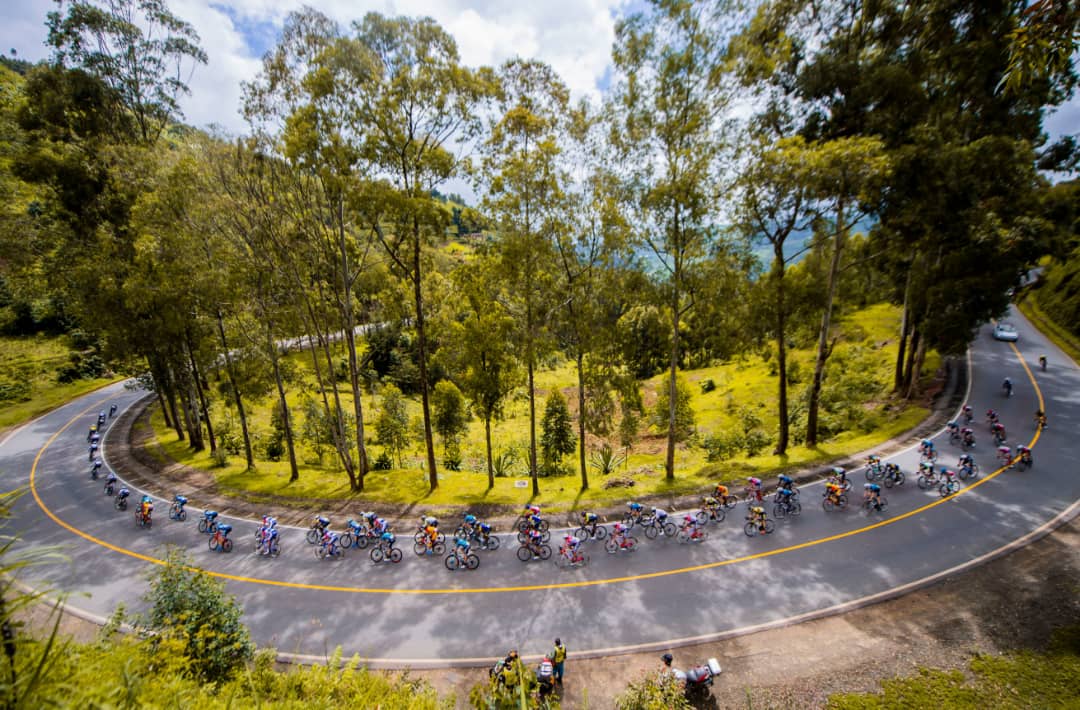Regional
Rwanda on mission to develop medical tourism, ensure country remains safe, inviting

Rwanda’s
National Strategy for Transformation (2017–2024) indicates that the service
sector is expected to be the most important engine of the economy. The seven-year
government program states that the service sector will be boosted through
increased tourism.
While
Rwanda is known for eco-tourism, the country has also been paving the way for
medical tourism development. The eastern African country which has successfully
reduced the infant mortality rate by over 60 percent plans to expand the
provision of better healthcare and develop medical tourism through the
attraction of state-of-the-art and specialised medical facilities.
The
global medical tourism market is projected to grow from $13.98 billion in 2021
to $53.51 billion in 2028.
According
to Medical Tourism Association, around 14 million people globally travel to other
countries for medical care. About 40 per cent of the people travel to seek
medical care owing to the availability of advanced technology coupled with
highly trained professionals.
In
2014, Rwanda Development Board (RDB) firmly believed that there was a way for
Rwanda to compete in medical tourism including wellness tourism. The Board’s
analysis revealed that diagnostics, cardiology, oncology and nephrology are the
highest in demand specialties in the region.
Rwanda,
one of the first nations in Africa to launch the delivery of critical medical
supplies using drones, is pushing hard to satisfy the regional demand. The
government also aims to ensure that the country remains a safe and inviting
destination. President Paul Kagame is always looking for partners with whom to work
to improve the lives of Rwandans and, by extension, Africans.
Butaro
Hospital in Northern province is serving Rwanda and surrounding countries:
Burundi, Democratic Republic of Congo (DRC), Uganda and elsewhere in Africa
with patients heading there for cancer treatment.
King
Faisal Hospital, in Kigali, is a multi-specialty hospital providing specialized
health care in East and Central Africa. The hospital has specialties in
neurosurgery, Cardio-thoracic surgery, orthopedic surgery, cardiology,
nephrology, pediatrics and its subspecialties, radiology and imaging, pathology,
and other medical subspecialties.
Rwanda,
a country internationally recognised for its successes in offering universal
access to health, is building a pipeline of key medical specialty skills and
capacity. This will be achieved through increasing the number of students
studying medicine, and the number of doctors specializing in key areas.
The
country’s leadership is doing its best to go beyond universal primary care and
develop world-class specialty healthcare services; encourage investment by
specialized healthcare services providers through targeted investment
promotion; and positioning Rwanda as a specialized regional medical tourism
hub.
Investments
will be needed to create incentives for local and international medical schools
to ensure that the country has sufficient quality and quantity of health care professionals.
Medical
tourism contributes to economic growth while ensuring that the country’s key goal
of providing better quality of life for all Rwandans is met through the
provision of better healthcare.
Medical
tourism was first categorized as a commercial activity by the International
Union of Travel Officials in 1973; recognizing the type of tourism as a form of
international trade in services.
A country
that offers medical tourism services to foreign patients – the destination
country – is therefore the exporter while the patient’s home country is the
importer of services.
Rwanda,
an economy that was ravaged by the 1994 genocide against Tutsi, has achieved major
transformations. The speed with which it achieved this is evidence that so much
more can be done to tackle the remaining challenges and realise the country’s development
aspirations.


.jpeg-20230316060018000000.jpeg)

